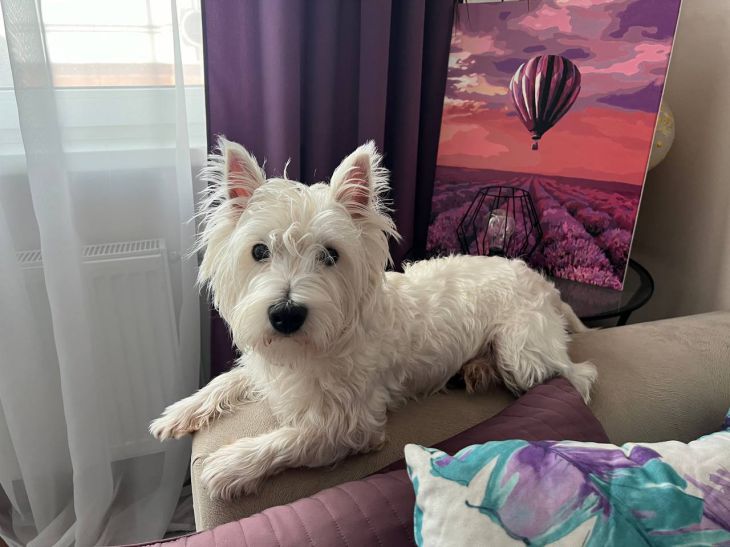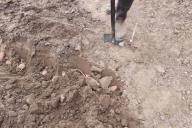Sometimes a dog can make a whole show out of this, forcing even the most sophisticated owners to wonder - what, actually, is going on in the dog's head?
Let's figure it out.
Out of boredom and for fun
Dogs often chase their tails just for fun and for lack of something better to do. This behavior is more common in puppies and young animals with excess energy. If a dog lacks physical or mental stimulation, it will begin to play with itself.
In this case, tail chasing is simply an interesting and exciting way for a pet to entertain itself. So boredom and lack of involvement are the first common reasons for tail chasing.
Manifestation of stress or anxiety
If your pet suddenly starts actively chasing its own tail for no apparent reason, it is most likely experiencing stress or anxiety. Animals often react this way to:

- Changes in the environment
- The emergence of new smells
- The arrival of strangers
- Moving
- Loneliness
This method helps the dog cope with anxiety, switch and "discharge" the accumulated tension. Therefore, if your pet did not chase the tail before, but suddenly started - pay attention to the situation and stress factors for your dog.
Excess energy and activity
Some breeds of dogs, especially working and hunting dogs, are characterized by boundless energy and a love of active games. They may chase their tails not because they are bored or anxious, but simply because they have unspent energy. This is a natural way for such energetic breeds to "let off steam."
Puppies or young dogs under one year of age are especially prone to this. Therefore, if your dog is a collie, border terrier or other lively breed, the reason is most likely simply in its overflowing liveliness and love of movement.
Irritation of the anal glands and rectum
Many owners have noticed that the dog starts chasing after it marks its territory or relieves itself. Why does this happen?
The act of defecation and stimulation of the anal glands irritates the rectum and the nerve endings in this area. This causes an involuntary twitching of the tail and a reflexive desire to catch this "irritant". In this way, the body tries to calm the anxiety that has arisen.
Sometimes this reflex is so strong that the dog literally "takes off" after its tail. Usually after a few circles of the chase the reflex subsides, and the animal calms down.
Thus, tail chasing can be a reaction to sudden irritation of the rectum and anal area. Especially if the dog has problems with the gastrointestinal tract.
Fleas, worms and other parasites
A sudden start to tail chasing is often caused by bites from fleas or other parasites in the area of the anus, tail or abdomen. Reflexively trying to chase away or catch the "offender", the dog chases the part of the body that was attacked.
The same thing can happen if a dog has worms. Their movement in the large intestine also causes irritation and itching, forcing the animal to reflexively chase its own tail.
So if your pet has not shown such behavior before, you should pay attention to parasite prevention - check for fleas and treat for worms.
Congenital anomaly
In rare cases, a dog may chase its tail due to a congenital pathology or an anomaly in the structure of the tail vertebrae.
For example, some breeds have too few vertebrae in their tails - not enough to form a strong skeleton. This abnormality makes the tail seem like a "foreign structure" to the dog, which needs to be chased.
Such anomaly is usually detected at an early stage and is not dangerous for the animal. However, if your dog suddenly starts chasing its tail, you should see a veterinarian for a check-up.
Conclusions on the topic
So, there can be quite a few reasons why dogs chase their tails. The main ones are:
- Boredom and trying to entertain yourself
- Manifestation of stress or anxiety
- Excess energy in mobile rocks
- Irritation of the anal glands and anus
- Flea bites or worm movement
- Congenital anomalies of the spine
As a rule, such behavior is not dangerous for the dog, but it signals some problem or need. Therefore, you need to be attentive to your pet and, if necessary, adjust the lifestyle or conditions of keeping the animal. Then it will be healthy and happy!
Earlier we reported on why a dog coughs.









